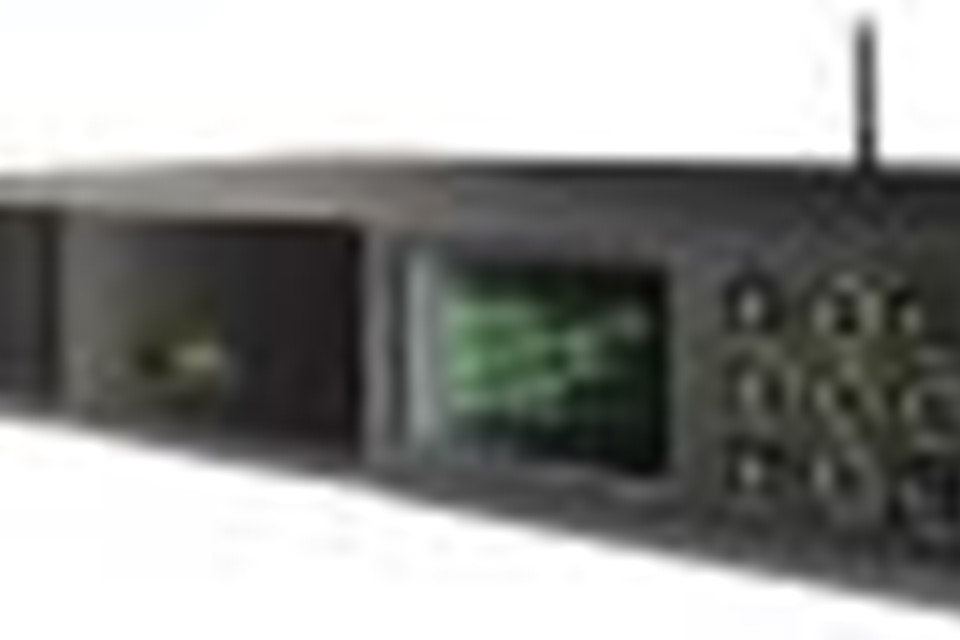Naim’s Phil Harris explains what this ‘hi-res’ content is all about. I thought this a succinct and clear explanation.
Asked about the advantages of higher-resolution files, he says that ‘As the sample rate increases then so does the maximum frequency that can be reproduced. The notes may not extend to the (theoretical) 22kHz maximum of even CD reproduction, but the harmonics of notes that give music its ‘feel’ do – and well beyond too!’
‘As the bit-depth increases (from 16-bit to 24-bit), then the potential dynamic range of the recorded signal increases. With 16-bit the theoretical dynamic range is 96dB; with 24-bit that increases to 144dB.’
But not all ‘hi-res’ recordings are quite what they seem: ‘the production and mixing can involve a pass through a compressor to increase the level of quiet portions of the music and reduce the loud bits.
‘Also be aware that just because an audio file might be 24-bit/192kHz, it doesn’t mean that the source data or the source recording that was used to generate it was capable of that bandwidth or that dynamic range.
‘It’s perfectly possible to create a 24-bit/192kHz file from a 16-bit/44.1kHz ‘CD’ source, and the high-resolution file can actually sound worse than the 16-bit/44.1kHz original. So don’t get tied up in just a “bigger numbers are better” game.’
Asked about the advantages of higher-resolution files, he says that ‘As the sample rate increases then so does the maximum frequency that can be reproduced. The notes may not extend to the (theoretical) 22kHz maximum of even CD reproduction, but the harmonics of notes that give music its ‘feel’ do – and well beyond too!’
‘As the bit-depth increases (from 16-bit to 24-bit), then the potential dynamic range of the recorded signal increases. With 16-bit the theoretical dynamic range is 96dB; with 24-bit that increases to 144dB.’
But not all ‘hi-res’ recordings are quite what they seem: ‘the production and mixing can involve a pass through a compressor to increase the level of quiet portions of the music and reduce the loud bits.
‘Also be aware that just because an audio file might be 24-bit/192kHz, it doesn’t mean that the source data or the source recording that was used to generate it was capable of that bandwidth or that dynamic range.
‘It’s perfectly possible to create a 24-bit/192kHz file from a 16-bit/44.1kHz ‘CD’ source, and the high-resolution file can actually sound worse than the 16-bit/44.1kHz original. So don’t get tied up in just a “bigger numbers are better” game.’



